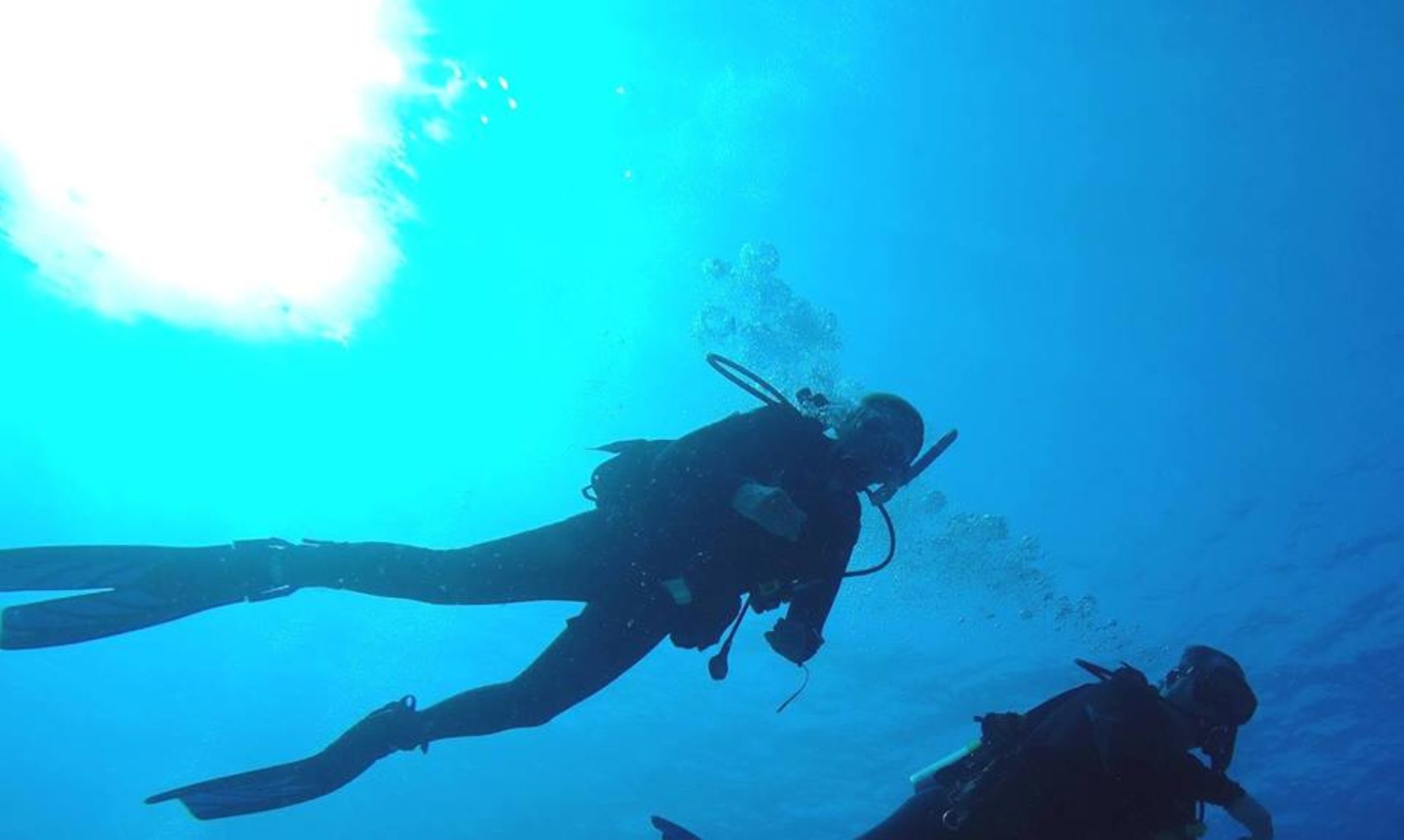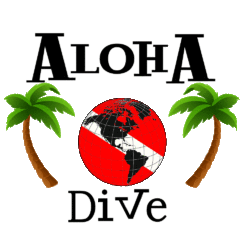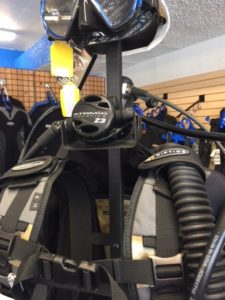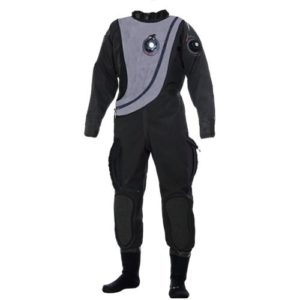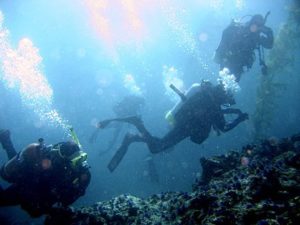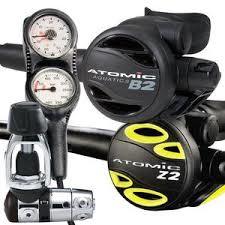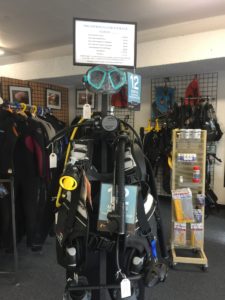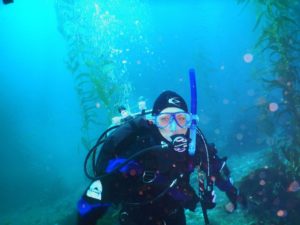By: Chris Russello
NASE West Coast Regional Instructor Training Director
NAUI Instructor Trainer
As a Veteran Scuba Diver for over four decades and a Dive Leader Professional for many years I have seen a lot of changes in the Scuba Diving Industry.
A new year is upon us and as technology keeps advancing on-line shopping keeps growing and growing which spells bad news for the small Mom and Pop retail stores, including Dive Retail stores who find it harder to complete.
The other day I was browsing the “threads” on a scuba diving chat room and I came across a very interesting question which read “I am a newly certified diver where do I go to buy my own equipment”? Some of the answers were “shop on-line you will get a better price”, “Go to your local dive store, look at equipment, ask some questions, then go on-line to get a better price”, “Buy on-line rather than your local dive shop because you get a better selection, the local dive retailer will only sell you what they carry and want to push you out the door” and “Get a quote on-line and go to your local dive retailer to see is they match pricing”.
I thought to myself, are you people “NUTS”?Don’t you understand how important it is to have the right scuba diving equipment, THIS IS LIFE SUPPORT! Scuba Diving
Retail stores are staffed with PROFESSIONALS who understand how important it is to have the right equipment for the right type of diving in order for an individual to be safe underwater.Remember folks we are going from our natural environment to an unnatural environment.
I posted on this chat room some simple questions, “when you buy on-line who assembles or tests your gear?” “How do you know on-line what type of gear is right for you for the type of diving you are going to do?” “Do you know the difference in the type of gear, i.e. balanced vs. unbalanced regulators?” The bit about going to your local dive retailer, asking questions then buying on-line, PO’ed me the most, if a person does this; they have no morals or ethics. Dive Store Retailers are your personal tailors in the Scuba business, I have said it before and I will say it again, they have the knowledge and experience to keep you safe underwater and if you visit their store and “pick their brains” about equipment, then you should buy from them! You might be surprised if you ask them to price match they might!
Keep your local dive retailers in business by supporting them. If the on-line trend in buying scuba equipment continues there might come a day, I hope not, when Scuba Retailers will be very, very few or none at all and if that happens how are people going to get all the other services they provide ( Scuba Certification Training, Rentals, Equipment Service, Air Fills etc), something to think about.
I have stated earlier, on-line technology has made is very easy purchase when you are home, at the office, or on the phone etc, however Scuba Equipment is a specialty, so get off your derriere “tush” and visit your local dive retailer.
ALOHA DIVE is your full service Scuba facility.
This is the opinion of one; I welcome any and all questions, comments etc. Please email us at aloha@dive-aloha.com
Until we talk again, be safe and keep diving.
Chris R
Aloha Dive
